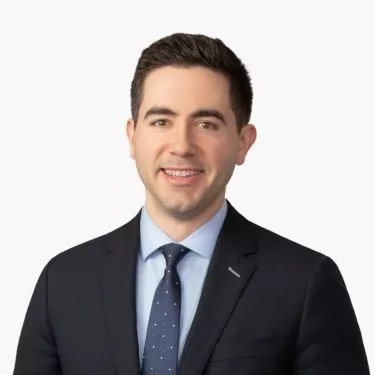Seyfarth Synopsis: On June 7, 2017, the Board held that in order to comply with the Board's Election Rules, an employer may need to search the phones of supervisors to identify the phone numbers of eligible voters, even if said supervisors have not been deemed "supervisors" within the meaning of the NLRA.
Under the Board's Election Rules employers are now required to supply a plethora of information to a union prior to a representation election, including "available home and personal cellular ('cell') telephone numbers of all eligible voters." For some employers, this information may be readily accessible and it can be produced to the union with ease. For others, finding the cellular phone numbers of eligible voters may not be so easy.
The Board's recent ruling in RHCG Safety Corp., 365 NLRB No. 88 (2017), makes that process even more difficult. The Board held that if the employer does not maintain a database containing the cellular phone numbers of eligible voters, but knows that a workplace supervisor maintains the contact information of eligible voters on his cellular phone, the employer is required to ask and (if that fails) search the supervisor's phone.
In RHCG Safety Corp., when a representation election resulted in a loss for the union, the union objected to the results of the election on the grounds that the employer failed to provide eligible voters' cellular phone numbers as part of the voter list. The employer argued that it had no obligation to include the phone numbers because it did not maintain its employees' phone numbers in its computer database. Consequently, the phone numbers were not "available" to the employer within the meaning of the Board's rules.
The Board, without citing to any precedent for support, rejected this argument. According to the Board, the phone numbers were "available" to the employer because it knew that its workplace supervisors maintained those numbers on their own phones.
Chairman Miscimarra dissented and elaborated on several problems with the Board's newfound interpretation of "available" and the obligations imposed on employers.
First, he explained that such a rule would be nearly impossible to comply with given that employers have two days after entering into a stipulated election agreement to provide the list.
Second, under the new Election Rules, an employer might not know who constitutes a supervisor under the Act, because the Rules require the parties to wait until after the election to resolve most questions of voter eligibility and supervisory status. Accordingly, employers won't know whether they can ask certain individuals to provide it with the phone numbers of the bargaining unit employees.
Chairman Miscimarra explained how employers are placed in a Catch-22:
- If an employer believes that an employee is not a supervisor and therefore refrains from demanding a search of his or her phones for coworkers' personal phone numbers, and if the union loses the election, the union is likely to object to the election results by contending that the employee is a supervisor and that the voter list erroneously omitted employees' personal phone numbers stored on the supervisor's phones.
- If the employer believes that the employee is a supervisor and requires a search of his phones resulting in the discovery of numerous coworker personal phone numbers, and if the union loses the election, the union is likely to object to the election results by contending that the employee is not a supervisor, and the compelled search of the employee's phones and forced disclosure of coworkers' personal phone numbers constituted unlawful surveillance or other unlawful interference under Section 7 of the Act.
- Employer Takeaway: This decision highlights how difficult it is to comply with the Election Rules, and in particular, with providing a complete list of all phone numbers. An employer faced with an upcoming election and the possibility of asking its supervisors to search their phones (or any other devices) for eligible voters' contact information, should seek legal advice before doing so.
The content of this article is intended to provide a general guide to the subject matter. Specialist advice should be sought about your specific circumstances.


